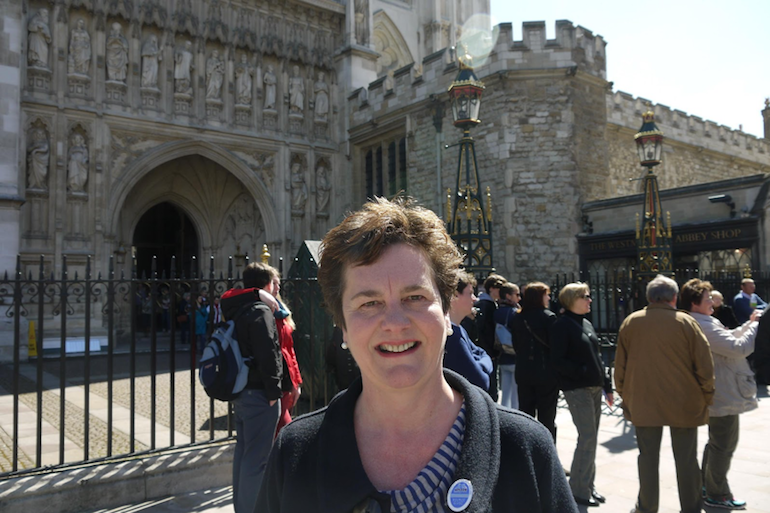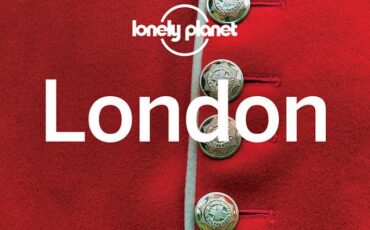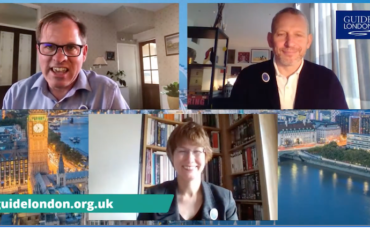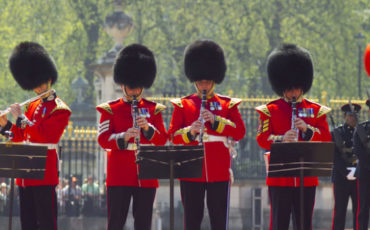This is the final article in a series written by London Blue Badge Tourist Guides, who used to be key workers in our capital city. Kathryn Hallam-Howard was a law enforcement officer for over thirty years, working in the West End, South London and at New Scotland Yard. She tells us about her work in the police before she became a guide.
 London Blue Badge Tourist Guide Kathryn Hallam Howard.
London Blue Badge Tourist Guide Kathryn Hallam Howard.
Like most people who work in London, as a police officer, I passed all of London’s landmarks daily but knew very little about most of them. I became a London Blue Badge Tourist Guide to learn more about another side of London and to help people enjoy their visit to this fabulous place.
Almost every itinerary I receive includes a promise to see the world-famous London bobby or, more accurately, the Old Bill. Thousands of tourists have taken photos of themselves beside a bobby in that world-famous helmet.
What is it like to police somewhere as busy and as complicated as the West End and how did coronavirus change things? The West End never closes. It just morphs from one personality into another. Policing it is different to policing anywhere else in London. Walking around it in the morning is very different to patrolling it in the evening or early hours.
What you notice about the West End, first thing in the morning is its quietness and its smell. Whilst most of London is waking up, there is a small window of silence before hordes of commuters arrive to begin their day at work. The streets have been washed and exude freshness, the baristas are firing up the coffee machines to supply an endless demand for caffeine and the aroma seeps out into the surrounding area. In the blink of an eye, rush hour begins. Office administrators glide past film editors and hospitality workers. Restaurants begin to open for the lunchtime trade. Tables fill with business people making deals over a la carte meals in a jumble of languages.
In the evening a whole new crowd descends on the West End. Theatregoers, people meeting friends in pubs, and bars and clubbers – the night dazzles with the bright lights of the entertainment industry. Suddenly, the theatres were dark inside and out. Nobody lurched towards the tube having had one too many or dozed dishevelled in their finery waiting for a night bus. Social distancing guidelines achieved something that legislators, police and social reformers could never in their wildest dreams have imagined, an almost total shutdown of the sex industry.
No traffic, no people, no tourists, no adolescent school groups with multi-coloured hair and frantic and harassed teachers. Ducks waddled down Carnaby Street and the silent majority found its voice every week on a Thursday evening when it applauded our key workers, including those on the thin blue line.







Leave a Reply